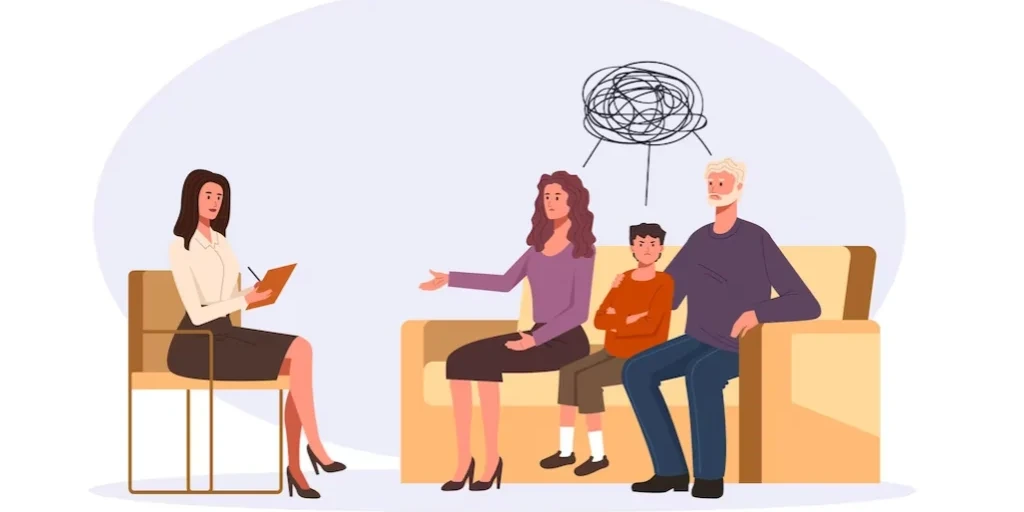24/7 Helpline:
(866) 899-221924/7 Helpline:
(866) 899-2219
Learn more about Intensive Outpatient Program centers in Greenwood
Intensive Outpatient Program in Other Cities

Other Insurance Options

Lucent

Self-pay options

Amerigroup
Beacon

Magellan

Health Net

Access to Recovery (ATR) Voucher

ComPsych

MVP Healthcare

Optum

AllWell

GEHA

Meritain

WellPoint

CareFirst

Ambetter

Group Health Incorporated

Private insurance

Sutter

CareSource




























































































































Region Ten Community Services Board – Crozet
Region Ten Community Services Board is a non-profit rehab located in Crozet, VA. Region Ten Communit...





































































